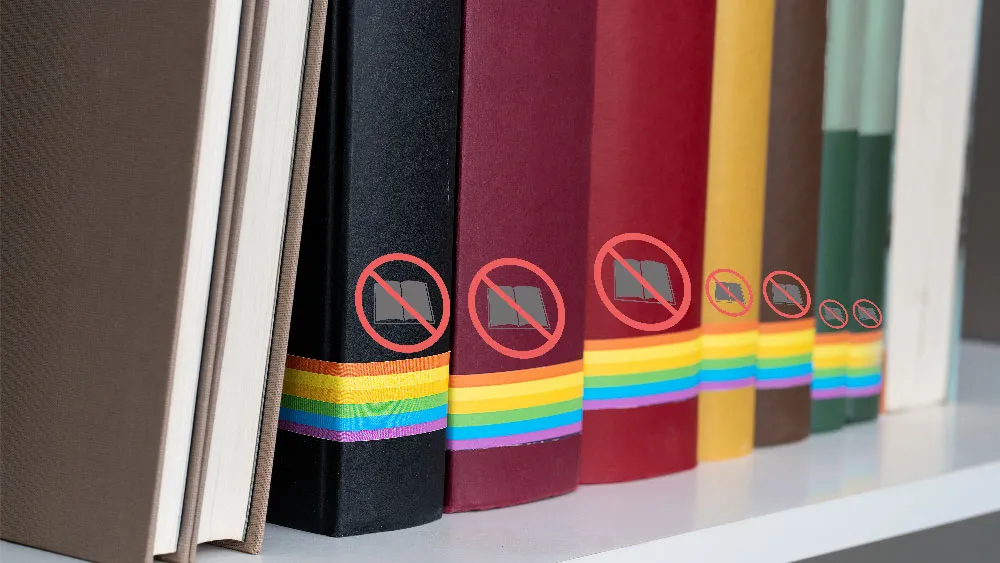June 17, 2022
WHO Expert Reassures Pride Organizers about Monkeypox
Kilian Melloy READ TIME: 2 MIN.
An expert at the World Health Organization has reassured Pride organizers that the monkeypox outbreak is no reason not to go forward with planned events, Pink News reported.
The article detailed that "WHO's Europe director, Dr Hans Henri Kluge," offered the advice in a June 15 briefing.
"WHO and health partners are reaching out quickly to communities, event organizers and dating apps to provide clear information to raise awareness about monkeypox infection and strengthen individual and community protection," Kluge said.
EuroPride board member Steve Taylor told the outlet that Pride organizers across Europe were "reassured by the clear statement from WHO those major events including Pride should not be cancelled or curtailed because of the outbreak."
The WHO's reassurances reflect the medical facts around the disease, which can be transmitted through skin-to-skin contact, as well as by sharing clothing, towels, or bed linens. Unlike HIV, which is transmitted through bodily fluids, monkeypox is not considered a sexually transmitted disease. Nor, in most cases, is it fatal.
Despite those facts, there have been attempts to demonize the gay and bisexual communities with respect to the outbreak; "some anti-LGBTQ+ groups have tried to rationalize their vitriol by maintaining that queer people are the reason for monkeypox and Pride events should... be be banned," Pink News noted.
Indeed, as previously reported, the WHO has been quite clear that monkeypox is not a "gay disease," underscoring that the risks are the same for everyone regardless of sexual orientation.
Although WHO's health experts have theorized that the headline-grabbing outbreak of the disease – which is rarely seen outside of Africa – could have been facilitated by people having sex at two European raves, the experts also noted that the reported incidence of the viral infection among men who have sex with men (MSM) "may be a reflection of 'positive health seeking behavior' in that demographic, given that the cases were identified at sexual health clinics."
Whether LGBTQ+ or heterosexual, and whether enjoying Pride or other communal activities, the transmission routes remain the same and everyone is at risk if they happen to come into contact with an infected individual.
The CDC has posted about the disease's symptoms. Early signs include flu-like symptoms such as chills, body aches, swollen lymph nodes, and fatigue. A rash typically develops, later giving rise to painful pustules, similar to chicken pox, which then scab over before healing."
Kilian Melloy serves as EDGE Media Network's Associate Arts Editor and Staff Contributor. His professional memberships include the National Lesbian & Gay Journalists Association, the Boston Online Film Critics Association, The Gay and Lesbian Entertainment Critics Association, and the Boston Theater Critics Association's Elliot Norton Awards Committee.





